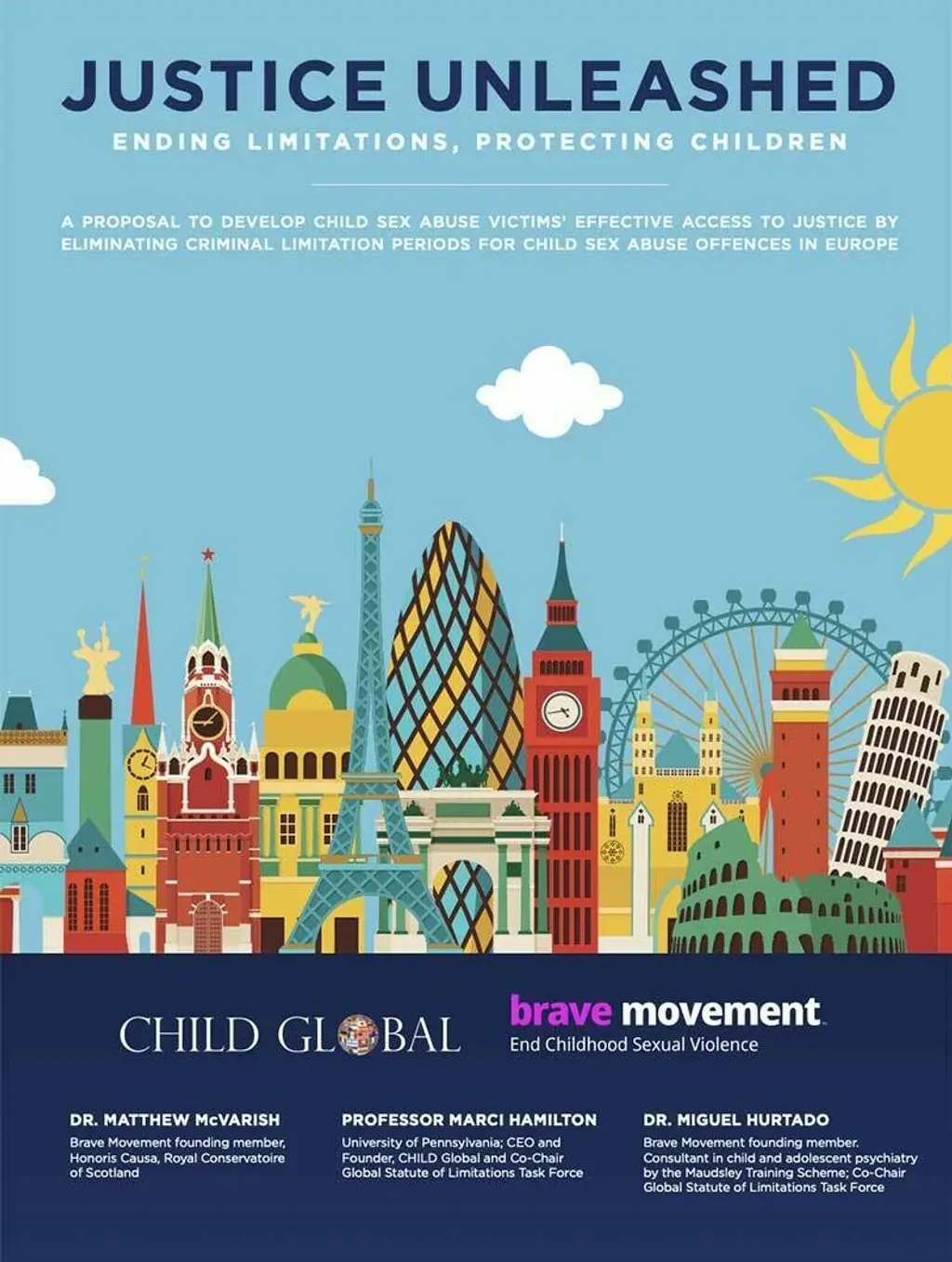Sensitive content
This site contains sensitive content that includes references to sexual violence.
Brave Movement

On January 31st 2024 the Senate Judiciary Committee held a hearing titled “Big Tech and the Online Child Sexual Exploitation Crisis”. For millions of children and adolescents, and parents and caregivers, in the United States and around the world, the rapid rise in online sexual abuse and exploitation is a crisis, a hidden pandemic.
The CEOs of Meta, Discord, TikTok, Snapchat and X (formerly Twitter) were called on to testify and answer questions regarding their companies’ lack of action to protect children on their platforms.
#HappeningNow: Powerful emotions as survivors & parents wait for #BigTech to enter today's Senate hearing on their failure to protect children from online sexual abuse. #ProtectKidsOnline #TakeItDown pic.twitter.com/AhwWvxWgrg
— ChildFund (@ChildFund) January 31, 2024
Senators convened the hearing to build support for a suite of bills intended to expand protections for children online, including a measure that would allow victims of child sexual abuse to sue platforms that enable exploitation. The CEO’s were met with an overflowing room of parents holding pictures of children who have been victims to abuse and exploitations on their platforms.
4/n @Meta CEO Mark Zuckerberg turns to face survivors & parents, & acknowledges their experiences. This powerful moment, where this tech giant was visibly impacted by the people & emotion in the room, highlighted why survivors must be part of every discussion. #ProtectKidsOnline pic.twitter.com/uhQt5exDS9
— Brave Movement (@BeBraveGlobal) January 31, 2024
It is estimated that one in six people are victims of online child sexual abuse before the age of 18 years old. This is an area of childhood sexual violence which has been rising at an alarmingly exponential rate over the last few years. In fact, reports of child sexual abuse material on online platforms grew from 32 million in 2022 to a record high of more than 36 million in 2023. These numbers do not even portray the true scale with a lack of reporting and identification resulting in numbers widely regarded to be millions less than the reality.
Survivors of childhood and adolescent sexual violence were in attendance at the hearing, to raise awareness of the scale and impact of the issue, share their perspectives and call for the leaders of these technology giants to prioritize child protection. As noted by a survivor leader, Tom Krumins, who was representing the Brave Movement at the hearing:
"It is critical that survivors have a voice and a say in this conversation. True youth protection depends on the survivor perspective. Those of us who slipped through the gaps must be able to highlight our experiences and help inform the necessary changes so sexual violence does not continue to happen to millions of children and adolescents."
Tune in to Brave’s Twitter and Instagram tomorrow for updates on the US Senate Hearing on Big Tech and the Online Child Sexual Exploitation Crisis, and learn more about the hearing in the video below ⬇️ #BeBrave pic.twitter.com/VU8hUV6U80
— Brave Movement (@BeBraveGlobal) January 31, 2024
There is an increasing belief that the technology is available to protect children on these platforms and that the problem lies with leaders choosing not to take necessary actions. Mr. Zuckerberg (Meta), Ms. Yaccarino (X), Mr. Chew (TikTok), Mr. Spiegel (Snapchat), and Mr. Citron (Discord) were questioned about their respective companies’ efforts, and stances on a suite of bills that have been developed to protect children.
The well rehearsed CEO’s did little to show they are posed to take action at the level needed to address the crisis. Time after time all the CEO’s refused to say they would support bills that have been developed by the committee, while at the same time using their opening statements to note the importance of legislation to end online sexual exploitation.
We welcome the leadership from Senator Durbin in holding #bigtech to account for the role they must play to #ProtectKidsOnline
— Brave Movement (@BeBraveGlobal) January 31, 2024
Pictured below, Senator Durbin meeting with the @kks_movement delegation last year during our Hill Day ⬇️ https://t.co/NLCJk1amZh pic.twitter.com/ZN4tFRWaxG
@bebraveglobal ✊Ending childhood sexual violence requires immense strength, persistence, and compassion. 💜The journey is often challenging, but we can create real change through collective action and community care. 👏🏻Hope is the foundation of change. Brave Movement co-founders and members share the powerful impact and overwhelming support the movement has given them, which has made them feel less alone and brought them a step forward in ensuring every child is protected from childhood sexual violence. #BeBrave ♬ original sound - The Brave Movement

